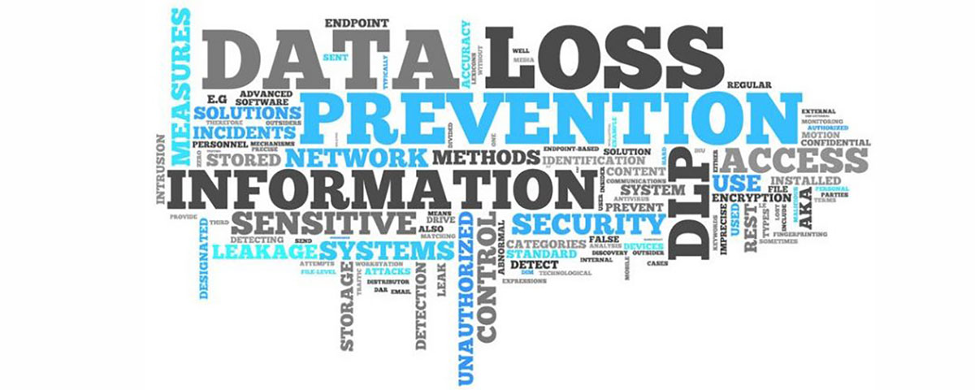While the pandemic itself was a very unexpected event, no one could have forecasted the effects that it had in terms of the way it changed human behavior. The fact that businesses and markets had to go into lockdown completely transformed how work was carried out and during that turbulent time people weren't able to analyze how they should proceed with things.
For this reason, a lot of businesses and even individuals faced data loss, cybersecurity problems, and difficulties with remote work. These problems were only magnified by the fact that most workers who transitioned to remote work and businesses that took their work online, didn't know how to make this transition safely.
This is reflected in the fact that during the pandemic cybersecurity attacks were at an all-time high and the cost of damage due to these digital attacks was in the billions.
DLP Solutions
Given this uneven terrain and high-risk environment, the need for data loss protection services and tolls is at an all-time high. The DLP market overall is expected to achieve exponential growth by 2026, nearly tripling in value from $1.2 billion in 2021 to $3.8billion in 2026.
Moreover, during these times of digital unrest, it makes more sense for companies to move to the cloud, and companies both small and large are making this transition. According to research, a large number of companies are also looking to adopt zero-trust network access (ZTNA) solutions in contrast to VPN options.
To enhance DLP performance we are also seeing a growing number of companies leaning towards artificial intelligence and machine learning solutions to counter the problem. Through the implementation of AI-powered analytic tools that study user behavior businesses can more efficiently identify questionable behavior which could be indicative of malicious activity.
Overall, both artificial intelligence and machine learning offer some powerful advantages in the field of cybersecurity. When faced with the highly complex and advanced attack strategies of modern hackers, businesses that are still relying on basic anti-virus and anti-malware protection systems stand little chance. In fact, it’s not just the attack themselves that are the problem but also the fact that the intention of attackers has changed.
They are no longer after simply stealing credit card information or stealing identities, they are after extracting money, and they will go to any extent to do so. Whether that requires having to hijack data for ransom or exploiting the business network so that they can demand money to give control of the business network back to them. In order to counter modern attacks, it is important for businesses to think outside the box. In this regard, artificial intelligence systems offer a unique feature in how they have the ability to learn from other systems which have been compromised. They can learn how the attack was able to infiltrate and develop strategies that will protect it from a similar attack in the future, while they are also able to learn from systems that have been successful in warding off attacks and they are able to replicate their structure for their own benefit.
Though people are still reluctant to adopt AI and use it in the context of cybersecurity as it does have its own vulnerabilities and has not been that well developed for mass adoption just yet. However, this is a market that is growing at an exceptional pace and is likely to come into the mainstream in the near future.
Amidst this unstable digital environment, a big opening has developed for ethical hacking. By employing ethical hacking experts businesses and cybersecurity companies are able to fast forward their research and development, and rather than relying on real-life scenarios to happen so that they can learn, they can learn through a much safer course of action that they have control over.



 714-333-9620
714-333-9620